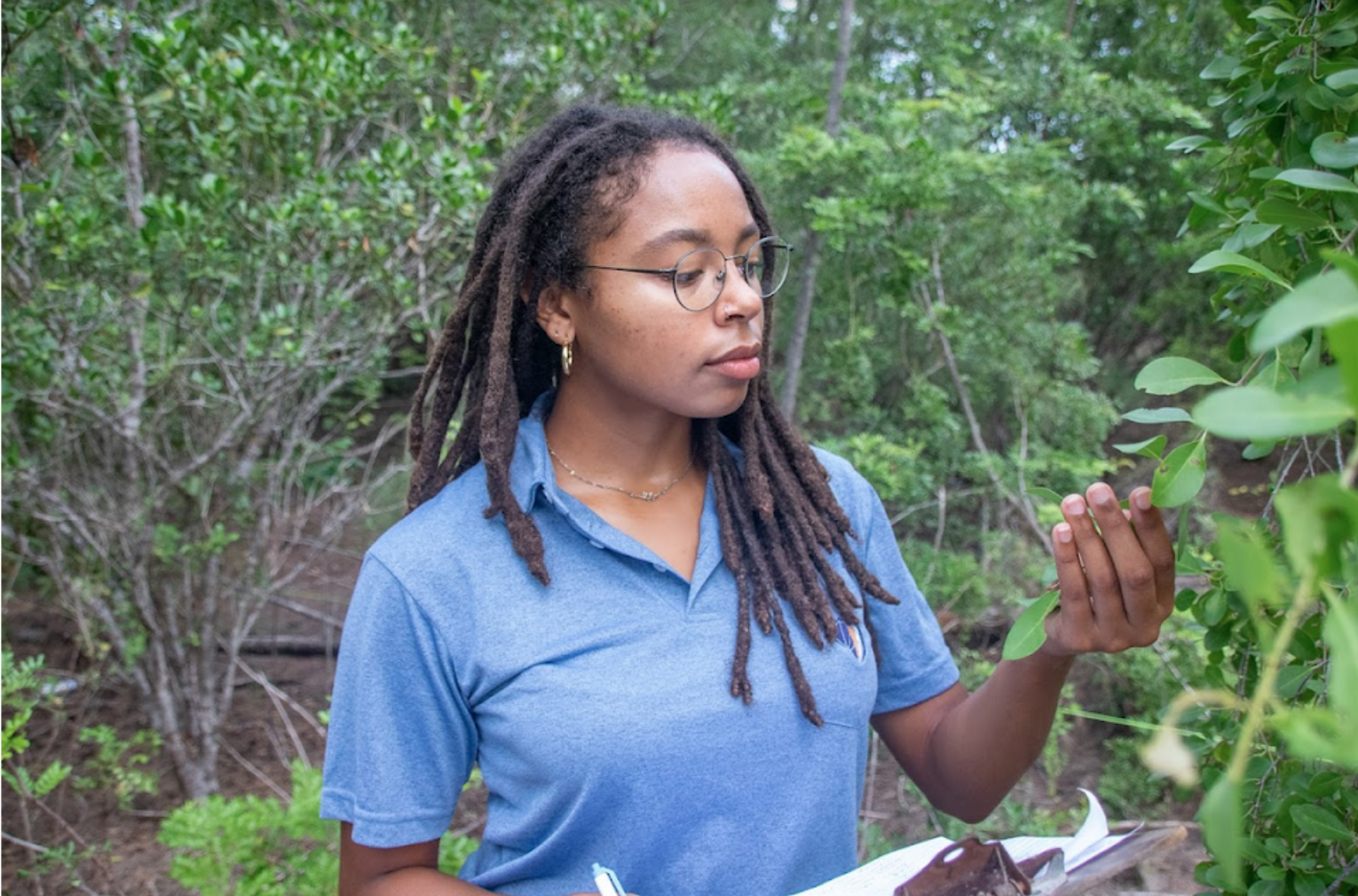
Resilience is a concept that has become increasingly popular in nearly every realm of study from ecology to public health, architecture, psychology, and everything in between. While most of us are familiar with the common definition of resilience, such as when describing someone that has overcome hardship as being ‘resilient’, the meaning of resilience within science has been notoriously difficult to define and measure despite its popularity. Over the past few weeks, while waiting on permit approval to move forward with our project, my team and I took on the challenge of learning as much as we can about resilience and its relevance to our country of The Bahamas.
We found that while resilience has many definitions depending on which context it is applied, it is generally regarded as the ability to deal with adverse changes and shocks. ‘Shocks’ refer to unexpected events that can carry a negative impact. For example, a recent and relevant shock to the entire world has been the COVID-19 pandemic. Another example of a shock, more familiar and frequent to the Bahamas, would be a hurricane. Previous resilience-related studies in the Bahamas (Valdez 2019; Higgs 2021) found that Bahamian people turned to natural resources, particularly fisheries, as a way to buffer the impacts from such shocks. This is critically important as such ‘natural insurances’ can increase resilience; They provide alternate sources of income, food, and recreation in hard times, that reduce the impact of shocks and increase capacity for recovery.
Building on this concept, the project I am currently working on, alongside Dr. Karlisa Callwood, Dr. Nick Higgs, and Kandize Mcphee, is entitled “The role of subsistence fishing in resilience of island communities during the COVID-19 pandemic.” This work aims to understand how subsistence fisheries increased the resilience of Bahamian households during the lockdown period by possibly providing economic and food security, as well as recreational activity, during a time when other activities were prohibited. As a result, a large aspect of our project is understanding resilience within the context of fisheries, food security and disasters. In our study, we will be using a subjective, perception-based approach to measuring resilience; Through community meetings, focus groups, surveys, and interviews, we hope to understand what resilience means to the communities of Nassau and Eleuthera, and the role that subsistence fishing plays in their ability to rebuild, adapt, and transform in the wake of the pandemic shock.
Through this research, we aim to positively influence decisions made around fisheries, so that our socio-ecological systems can be more resilient and our natural resources continue to provide a backup for Bahamians in generations to come. Resilience can be a tricky concept to understand, measure, and effectively implement to create change. However, I believe that building resilience is integral to ensuring a sustainable future for the ecosystems and people of the Bahamas and I hope that our upcoming research will work towards that goal.
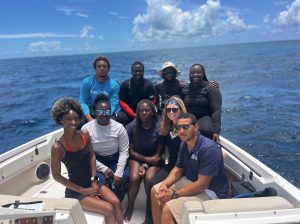
Become a PADI Dive Instructor in The Bahamas | Conservation-Focused IDC
Become a PADI Dive Instructor in The Bahamas | Conservation-Focused IDC | Perry Institute for Marine Science Education & Training Ready to take your diving skills to the next level
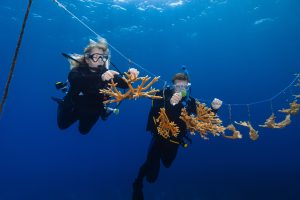
Stream2Sea Coral Care: The World’s First Reef-Positive Sunscreen
Stream2Sea Coral Care: The World’s First Reef-Positive Sunscreen | Perry Institute for Marine Science Conservation Partners Stream2Sea Coral Care: The World’s First Reef-Positive Sunscreen Discover why PIMS has partnered with

Build a Coral Reef for the Holidays | PIMS x Partanna
PIMS is partnering with Partanna to build a 100m² carbon-negative reef. Rick Fox is matching donations up to $25k. Help us build a sanctuary for the future.
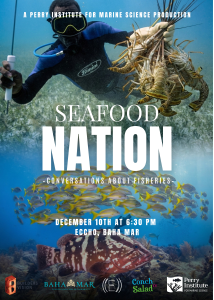
“Seafood Nation” Documentary Premiere Explores the Heart of Bahamian Culture and the Future of Fisheries
NASSAU, The Bahamas | December 5, 2025 – From the bustling stalls of Potter’s Cay to family kitchen tables across the archipelago, seafood is far more than just sustenance in
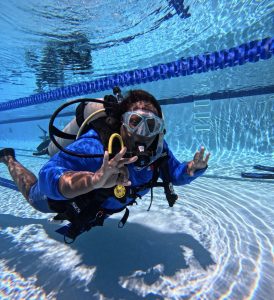
PIMS and Disney Conservation Fund Partner to Train 19 Government Divers
PIMS dive training in Nassau strengthened national coral restoration capacity across government agencies. Bahamas Dive Training Builds National Coral Restoration Capacity Last fall, between the months of September and October,
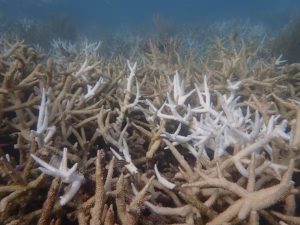
Florida’s Coral Reef Crossed a Line: What Functional Extinction Really Means for Elkhorn and Staghorn Corals
Reefs didn’t just bleach. They functionally vanished in one summer. A new Science study co-authored by researchers from the Perry Institute for Marine Science (PIMS) has found that Florida’s two


